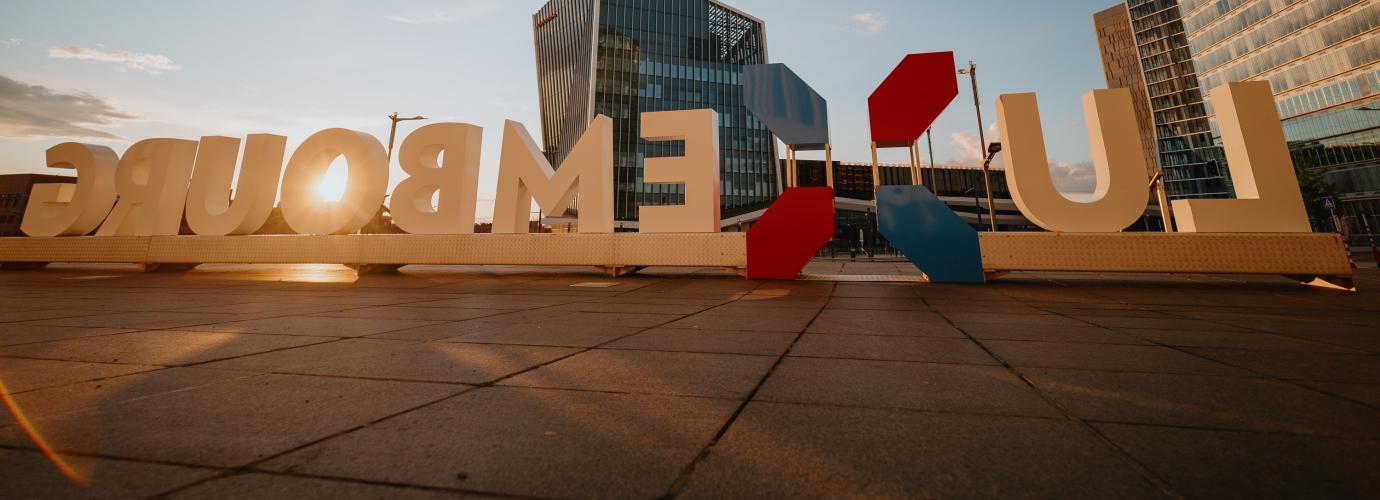European, global and intercultural dimension in curriculum development
Intercultural exchange and foreign language learning traditionally take an important role in Luxembourg (see article 1.1 Historical Development). Special importance is given to language learning.
As in initial education, language learning is considered a crucial element of adult secondary education. Furthermore, a large number of subsidised language courses are provided in Luxembourg and its neighbouring regions via public institutions, municipalities or subsidised associations.
The international dimension is further strengthened by the fact that most teachers have studied abroad. As a result, they can rely on experience and language skills acquired in other countries. In the field of continuous vocational education and training, trainings are held in different languages by trainers with different national backgrounds.
Partnerships and networks
Many crossborder partnerships have been established in the recent years. In adult education, opportunities for students include, for instance:
- Courses provided by the University of the Greater Region
- Crossborder apprenticeship (apprentissages transfrontaliers) leading to a diploma of the vocational regime (régime professionnel) of technical secondary education (enseignement secondaire 'général').
- Possibility to prepare for and obtain a French diploma providing access to higher education (DAEU; diplôme d'accés aux études universitaires) at the Université de Lorraine. This qualification is accepted as an equivalent of a Secondary school leaving diploma (diplôme de fin d’études secondaires) in Luxembourg.

